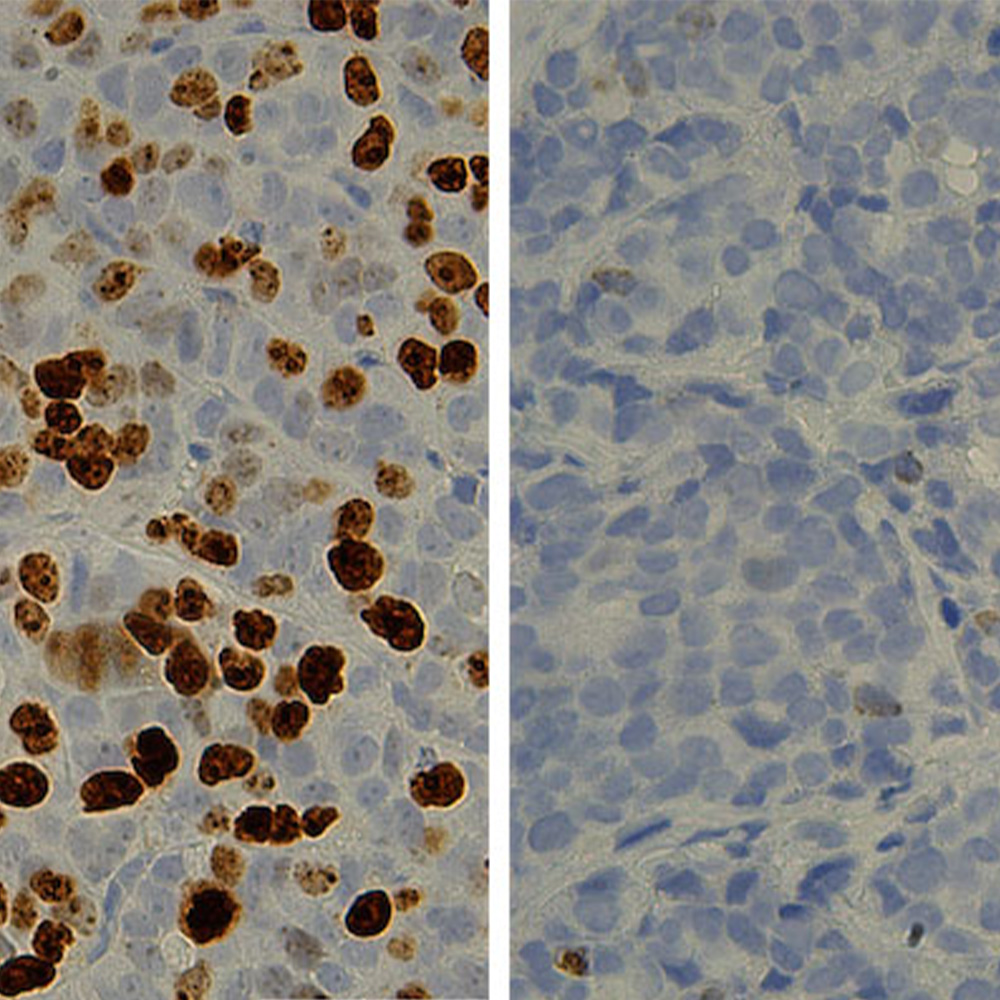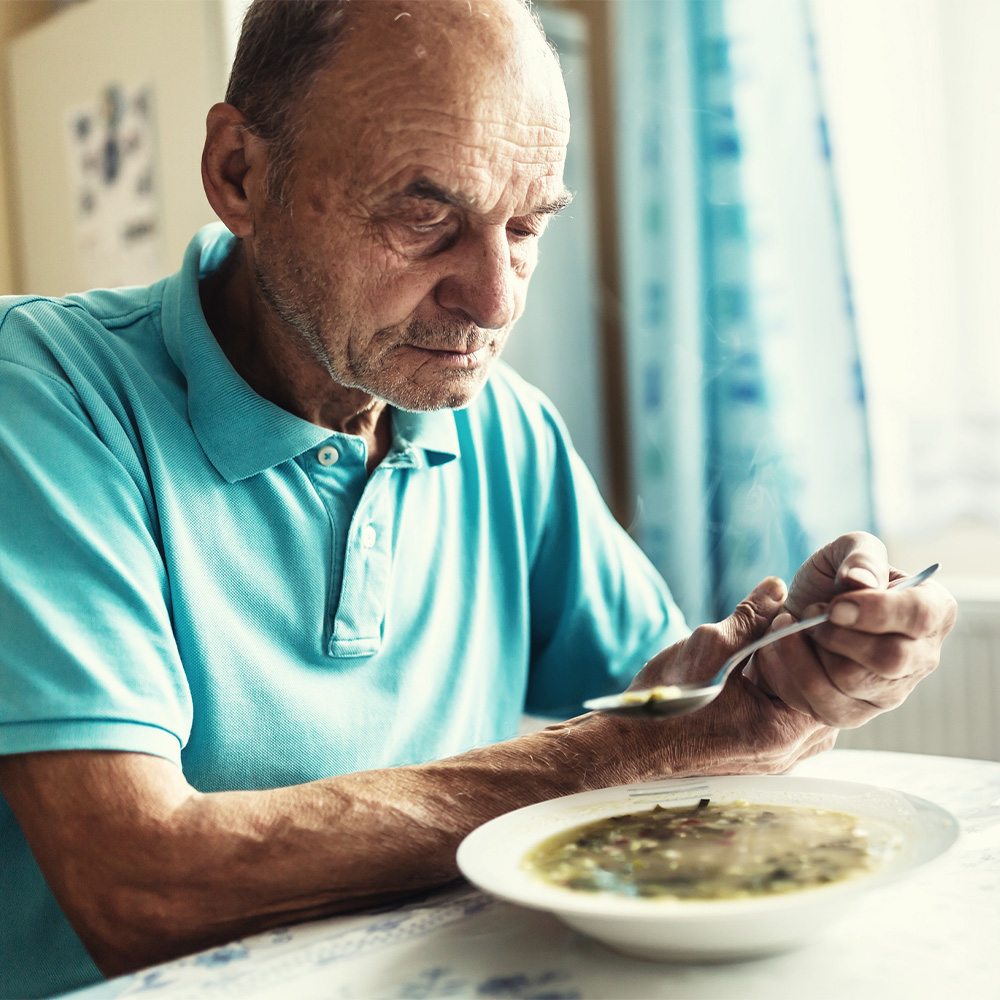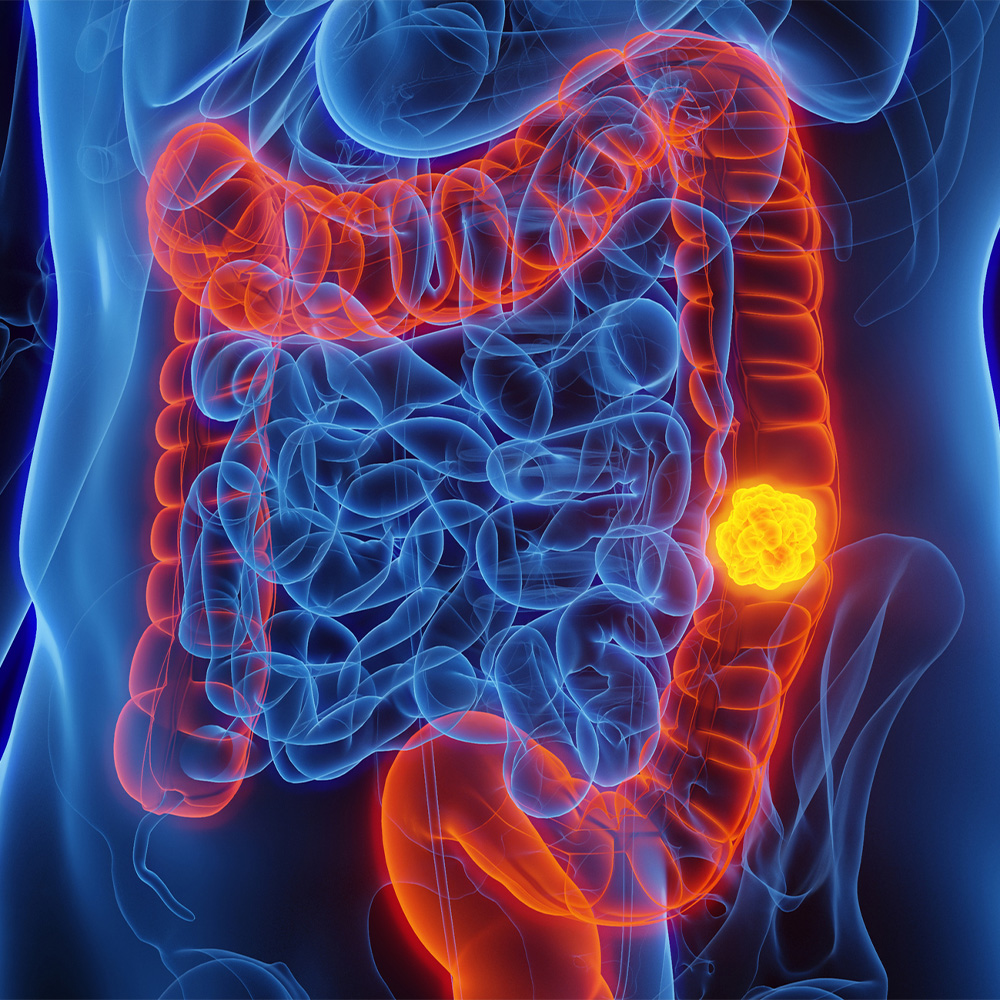UT Southwestern celebrates community service in honor of Martin Luther King, Jr.

In celebration of Martin Luther King Jr. Day, UT Southwestern students, faculty, staff, and community members gathered on South Campus to celebrate the legacy of Dr. King and to honor students with outstanding records of service through the Martin Luther King Jr. Scholarship for Community Service.
The event opened with remarks from Dr. Shawna Nesbitt, Associate Dean of Student Affairs in the Office of Student Diversity and Inclusion and Professor of Internal Medicine.
“Community service was at the heart of Dr. King’s life’s work, and our celebration today highlights the continuation of this work through the outstanding work of our students,” Dr. Nesbitt said. “It’s critical that we remain committed to our mission to serve the most vulnerable in our communities. At UT Southwestern, this commitment is at the very core of our mission. We practice this daily and aspire to teach our students about the importance of service in their learning experiences.”
First-year medical student and classically trained vocalist Adrienne Walker performed the African-American spiritual Deep River.

Dr. Daniel K. Podolsky, President of UT Southwestern, shared his thoughts on efforts toward diversity and inclusion on campus, and the work that still needs to be done.
“As UT Southwestern celebrates the legacy of Dr. Martin Luther King 50 years following his death, we might assume that there would be less need for us to focus on the work yet to be done,” Dr. Podolsky said. “Unfortunately, this is not the case. Recent events make it all the more important that we focus on our values and how we live up to them as a community and as a society.
“We’re beginning the 75th anniversary of UT Southwestern,” Dr. Podolsky continued, “and I hope that the students we honor today, and the tone of this event, set the course for what we will individually and collectively commit ourselves to this year and in the years ahead.”
The event’s keynote speaker was Dr. Wayne J. Riley, President of the State University of New York Downstate Medical Center. Dr. Riley is President Emeritus of the American College of Physicians and an elected member of the National Academy of Medicine of the National Academy of Sciences. His speech, titled “What Would Martin Think: Health Disparity and Inequity in America,” addressed the work that still needs to be done to foster health care access for minority populations.
“During the famous civil rights march from Selma to Montgomery,” he said, “Dr. King shared his philosophy on health care and how we should address these disparities: ‘Of all the forms of inequality, injustice in health care is the most shocking and inhumane.’”
“At no point in United States history has the health status of minority populations equaled or come close to that of nonminorities. Racial and ethnic minorities suffer from worse health and receive lower quality of care than whites, regardless of income and insurance,” Dr. Riley added.
Dr. Riley shared statistics on disparities in maternal and child health, cardiac care, and the difference in response to the opioid crisis in minority communities compared with nonminorities.
“Health care is a resource tied to social justice, opportunity, and quality of life,” Dr. Riley continued. “Poor health status exacerbates health care costs, and disparities in these social determinants of health affect both health status and health care.”
“I’m here to encourage you to not give up the fight,” Dr. Riley said in conclusion. “Across the country, there are health care professionals like you and me who care deeply about improving health care in our communities. We have to soldier on. Dr. King would implore us to keep at it and not fall victim to the pessimism of the moment.”
Following Dr. Riley’s remarks, Dr. Drew W. Alexander, Assistant Dean of Community Engagement and Assistant Professor of Pediatrics, and Chair of the scholarship committee, presented the Martin Luther King Jr. Scholarship for Community Service Awards to recipient Umaru Barrie, a second-year M.D./Ph.D. student; and finalists Jamila Hokanson (in absentia), a fourth-year medical student and Oswaldo Renteria, a second-year medical student. As recipient, Mr. Barrie received a $5,000 scholarship; Ms. Hokanson and Mr. Renteria received $500 awards.
“The top award recognizes an outstanding student who exemplifies the spirit of Dr. King’s legacy to achieve social and political justice through community service,” Dr. Alexander said. “Umaru has not only worked directly with those in need, but also educated his colleagues on how to care for the underserved. He’s not only passionate, but he’s an extraordinary person who will become an outstanding medical scientist.”

Upon accepting the award, Mr. Barrie said: “I stand before you today as a refugee from Sierra Leone, as an immigrant from Guinea, and as an American citizen from Harlem, New York. I am proof of what opportunity, freedom, and hard work can do for a young man from Harlem.
“My commitment to vulnerable communities began watching people like my own mother and father, who had very little, strive daily to help others,” Mr. Barrie continued. “The social and economic gaps in my city pushed me into action to engage with my community. Luckily, I had access to opportunities, I had access to education, and I had access to mentors. These are chances that many in my neighborhood never had. I have been very fortunate to be able to give back to America and the world.”




